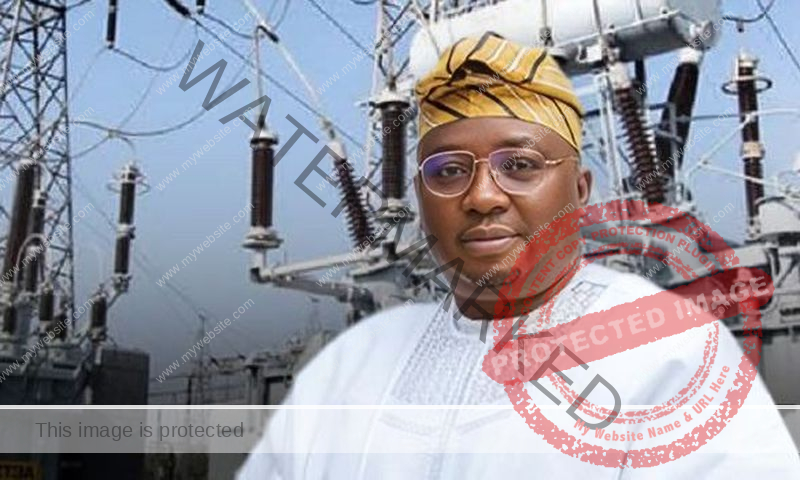

The Minister of Power in Nigeria, Bayo Adelabu, has admitted to instability in the country’s electricity sector.
The development follows backlash over his recent claim that 150 million Nigerians have access to adequate electricity, while another 80 million people lack access.

This position was clarified in a conversation with SaharaReporters by Bolaji Tunji, the Special Adviser to the Minister on Communications.
“What the Minister meant is that 150 million Nigerians are connected and have electricity when there is light. However, we acknowledge that electricity may not always be available the way people want it, which is what the Ministry is working to improve. There are 80 million people who are not connected, meaning even if there is electricity, they would not have it. No one denies that there is a need for more stable electricity, but it does not change the fact that many people have access in terms of ability to have electricity when there is power,” he noted.
He defended the 150 million figure noting that “There is nothing wrong with the Minister’s statement. We know that we are about 230 million persons in Nigeria. However, while electricity can be unreliable in terms of availability, there is access for 150 million people — even if the electricity may not be available to the extent to which they want it, they are connected, however we are working to make things better and provide better electricity while working to ensure that those not connected are connected too,” he said.
Earlier, the Nigeria Labour Congress (NLC) described the Minister’s statement claiming that 150 million Nigerians had access to “adequate electricity” with a power generation of 5,500MW as a blatant insult to Nigerians’ intelligence and lived realities.

“For the Minister to suggest that over 150 million Nigerians have access to reliable power in a country that struggles to generate a meagre and inconsistent 5,000 megawatts — far below the global benchmark of 1,000MW per one million people — is to insult the intelligence and lived realities of Nigerians,” the Congress had stated in its response.
The NLC, in a statement, had pointed out that based on global standards, Nigeria should be generating at least 150,000MW to provide reliable electricity to its population—far beyond the 5,500MW the country can currently generate, which remains erratic and unreliable.
The NLC further questioned the Minister’s claims, asking where the power plants capable of achieving such output are located and whether the necessary transmission infrastructure has been upgraded to support such a high level of supply.
“Where are the power plants that make this level of supply possible? Where is the upgraded transmission infrastructure to support such output? Why are our homes still shrouded in darkness and our factories shutting down daily?” the NLC asked, challenging the validity of the Minister’s statement.
The Congress had labelled the Minister’s remarks as a “bad joke” to the Nigerian people, stressing that millions, especially in rural areas and urban slums, continue to live without electricity.
“Those who do have power face constant blackouts, arbitrary disconnections, and exploitation through inflated electricity tariffs.
“The few who have access do so under constant threat of disconnection, blackouts, and financial exploitation through a complex pyramid of inflated tariffs and arbitrary billing,” they added.
Revisiting the 2013 privatisation of the power sector, the NLC argued that the initiative has only deepened Nigeria’s electricity crisis. The Congress explained that privatization handed over critical power sector infrastructure to cronies for just N400 billion, with no improvement in service delivery.
“We are still stuck with the same generation and distribution companies (GenCos and DISCOs), which have failed to meet their obligations. These companies have not shown any meaningful progress in improving the electricity supply to Nigerians,” the NLC stated.










